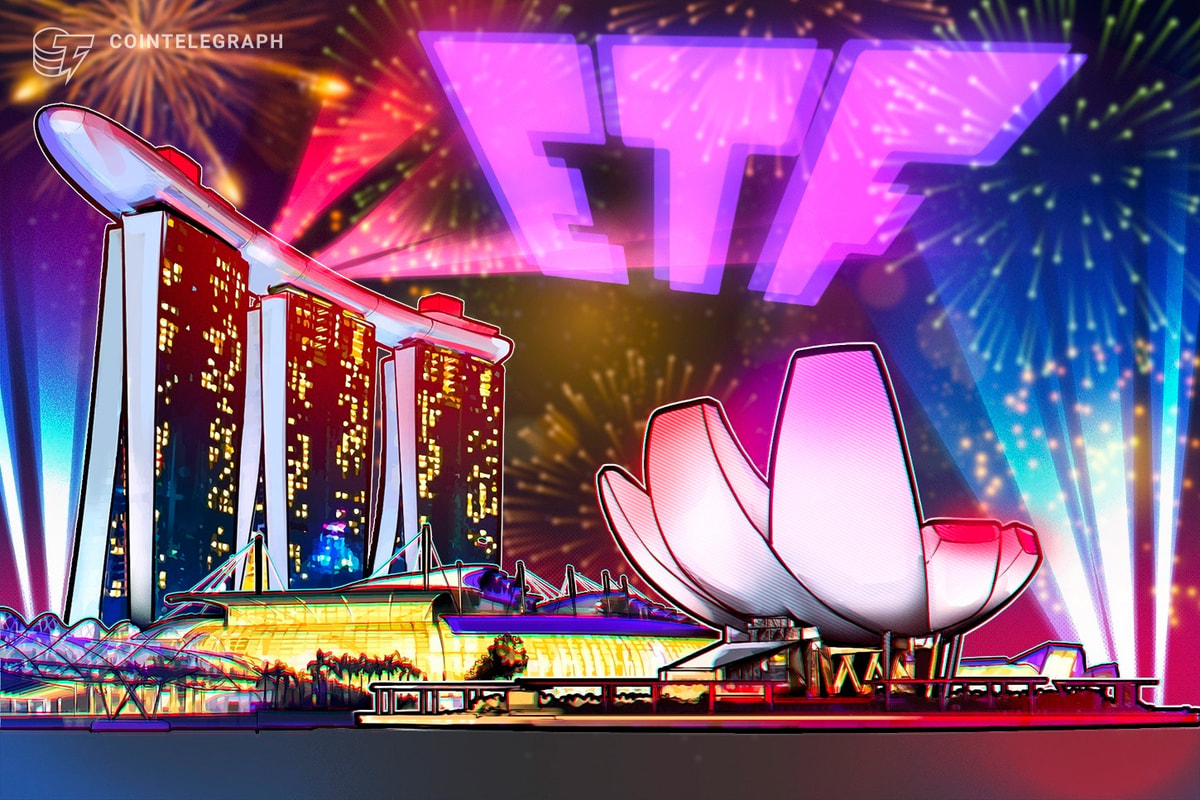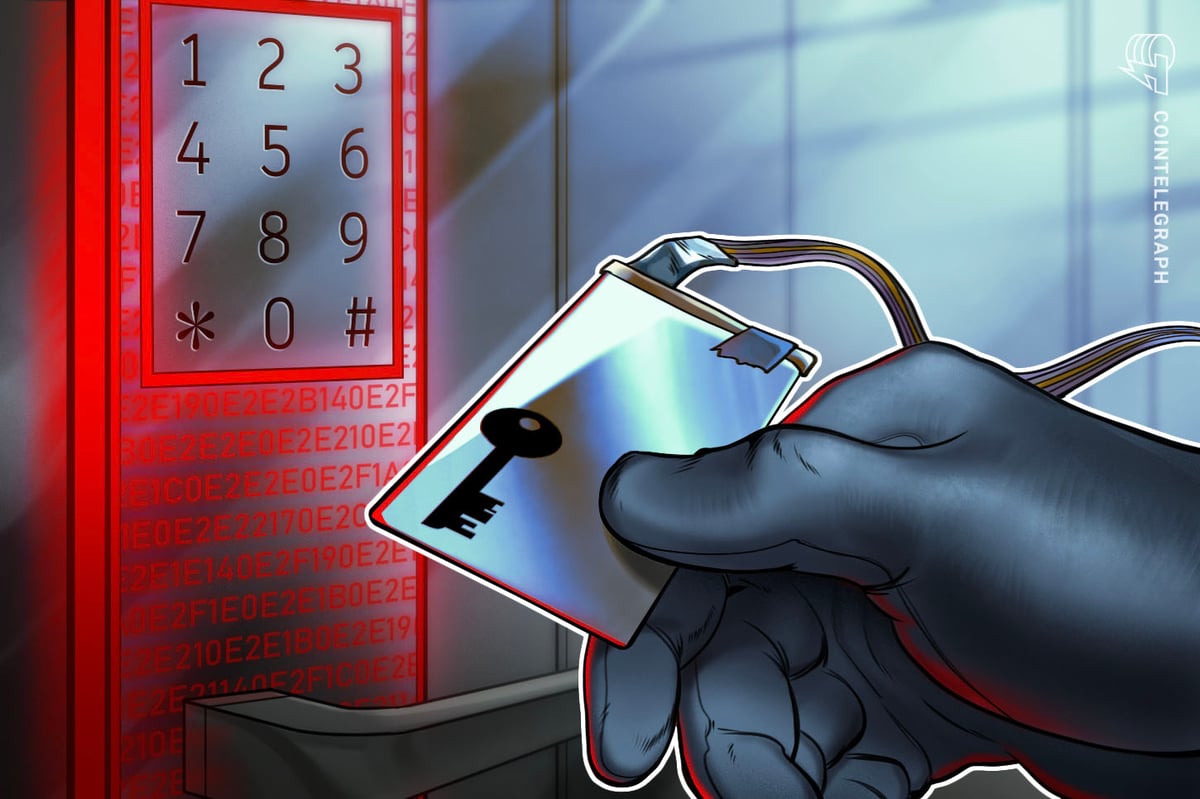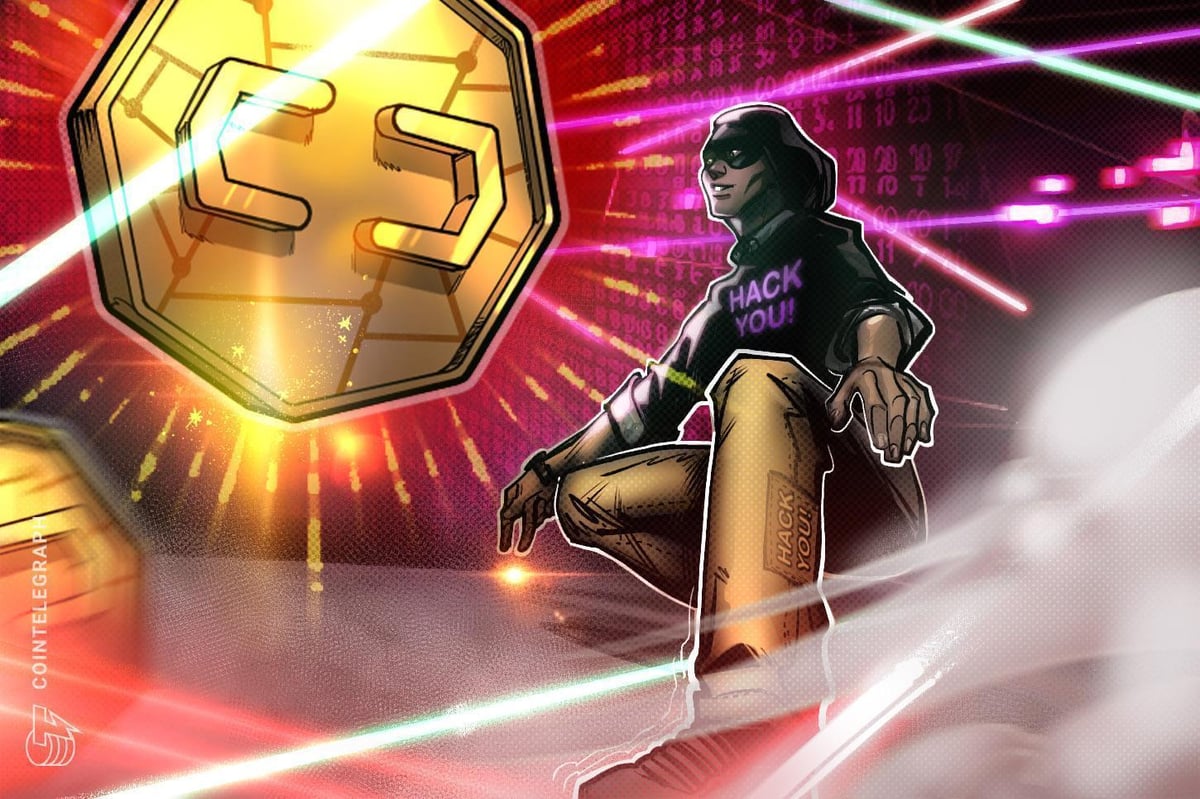Singapore’s main derivatives exchange will introduce two new cryptocurrency futures products this month, citing rising institutional interest in digital assets.
SGX Derivatives is launching Bitcoin (BTC) and Ether (ETH) perpetual futures, which are financial derivatives contracts enabling investors to bet on the spot price of the underlying asset without an expiration date.
In a Monday announcement, SGX said it is launching new trading products to meet what it describes as the “rising institutional crypto demand, converging TradFi and crypto-native ecosystems.”
The perpetual contracts will launch for trading on Nov. 24. Perpetual futures are among the most actively traded crypto derivatives globally and could become a significant new revenue stream for SGX.
The contracts will allow accredited and expert investors to trade exposure to the underlying assets without an expiration date. The offering will be regulated by the Monetary Authority of Singapore (MAS).
Related: Singapore court approves WazirX restructuring plan after $234M hack
This marks the launch of the second Bitcoin and Ether-based perpetual futures in Singapore. The first offering was launched by EDXM International on July 23, along with a total of 44 trading products, including Solana (SOL) and XRP (XRP) futures contracts, according to EDXM’s announcement.
Related: US Treasury secretary praises Singapore’s digital asset adoption at APEC
Singapore continues cautious crypto adoption
Singapore has maintained a cautious regulatory posture as it expands its digital asset framework.
In April 2022, Singapore passed the Financial Services and Markets Act (FSM) bill, granting MAS greater authority to regulate crypto firms that operate outside the country but are based in Singapore.
The MAS previously set a June 30 deadline for local crypto service providers to stop offering digital token (DT) services to overseas markets.
According to the directive, Singapore-incorporated companies or individuals offering DT services outside the country had to cease operations or obtain a license by the time the DTSP provisions came into force.
Firms that violate the rules face fines of up to 250,000 Singapore dollars ($200,000) and prison terms of as long as three years.
Cryptocurrencies are legal in Singapore, but they are not considered legal tender. Instead, they are classified as digital payment tokens (DPTs), securities or utilities depending on their features.
Singapore ranked 15th on the global cryptocurrency adoption index, as compiled by blockchain analytics company Chainalysis.
Asia Express: Bitcoiner sex trap extortion? BTS firm’s blockchain disaster



